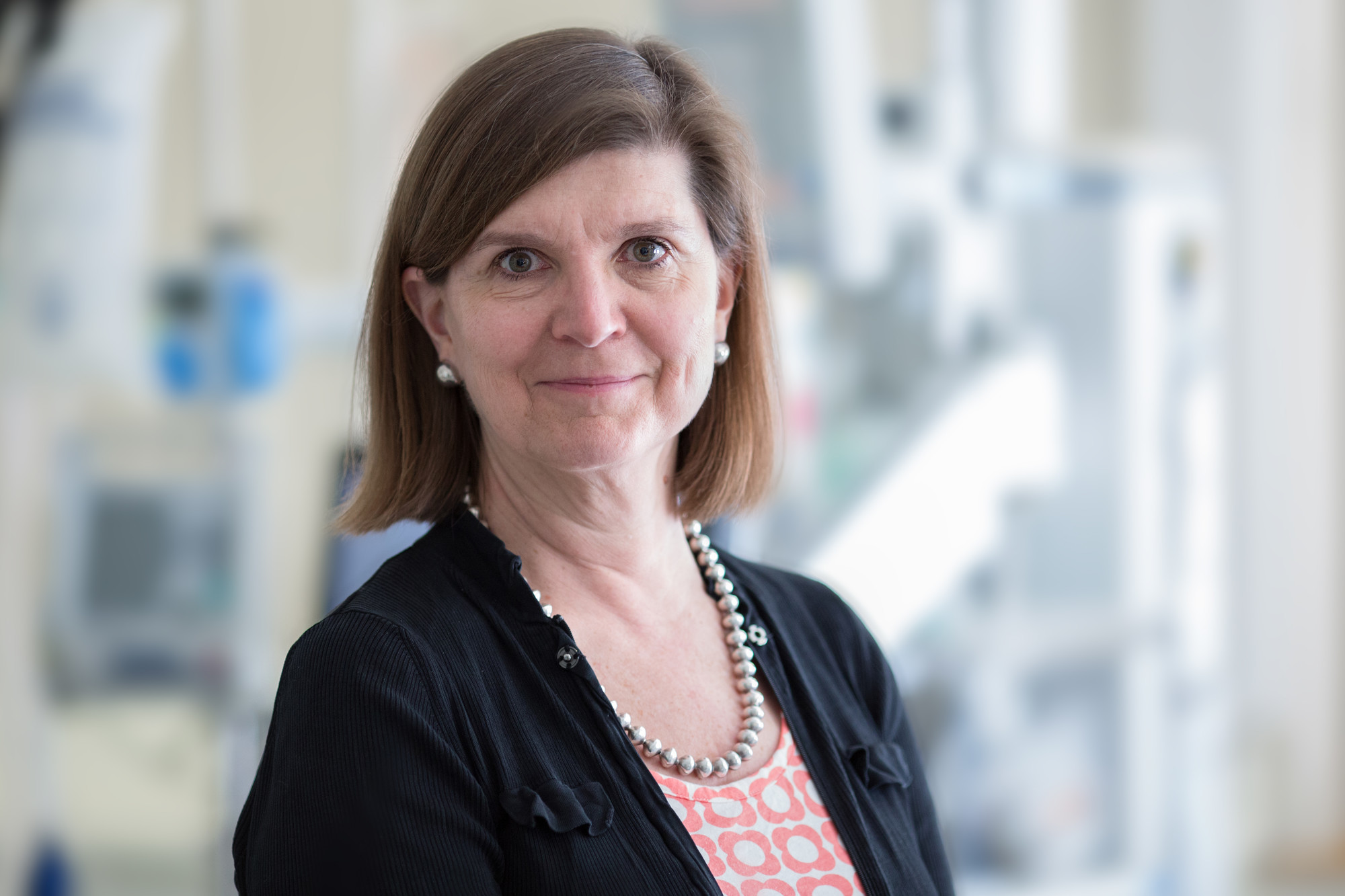
We asked each Division in the Department to share with us their key achievements as part of our end of year roundup. Here are the contributions from Infectious Diseases. Well done everyone!
- The launch of Imperial College Network of Excellence in Malaria at the All Party Parliamentary Group on Malaria and Neglected Tropical Diseases
- The official launch of the Imperial Network for Vaccine Research (INVaR), led by Dr Chris Chiu.
- The Division successfully obtained funding from the Crick-Imperial Networking Fund to organise a Pan-London Malaria Network Meeting
- Professor Jonathan Weber was awarded £10.8m in funding by the European & Developing Countries Clinical Trials Partnership (EDCTP).
- Professor Robin Shattock was awarded £10m (total award value £50m) by the EPSRC to lead the Future Vaccine Manufacturing Hub
- Professor Kath Maitland was awarded a £4m Wellcome Trust Collaborative Award, in addition to obtaining £2.5m in funding from the EDCTP.
- Dr Avinash Shenoy has been invited to set up a satellite group at the Crick Institute.
- The Heinrich Nestle Science Prize 2018 was awarded to Dr Nicholas Longford, Dr Chris Gale, Professor Neena Modi and Dr Sabita Uthaya
- The 7th David Derse Memorial Award was awarded to Professor Charles Bangham (National Cancer Institute, USA)
- Professor Shiranee Sriskandan gave the annual MacFarlane Burnet Oration, at the Australasian Society of Infectious Diseases (Australia, May 2018)
- Dr Marcus Dorner published in Nature Communications on 3D microfluidic liver cell cultures for studying hepatitis B virus infection
- Dr Becca Asquith’s group published ‘Inhibitory killer cell immunoglobulin-like receptors strengthen CD8(+) T cell-mediated control of HIV-1, HCV, and HTLV-1’ in Science Immunology. Read the Imperial news article.
- The Asquith group also published ‘Human TSCM cell dynamics in vivo are compatible with long-lived immunological memory and stemness’ in PLOS Biology.
- Professor Charles Bangham’s group published ‘The human leukemia virus HTLV-1 alters the structure and transcription of host chromatin in cis’ in eLife.
- Dr Aubrey Cunnington published work on host-pathogen interactions in severe malaria in Science Translational Medicine.
- Professor Neena Modi and the National Neonatal Research Database team were awarded the Excellence in Patient Care Award for Innovation by the Royal College of Physicians. Read the Imperial news article.
- Professor Modi was also named Woman of the Year as part of the GG2 Leadership Awards – the premiere UK award for inclusion, diversity and leadership among the black and minority ethics communities
- Dr Rachel Edgar was awarded a Wellcome Trust Sir Henry Dale Fellowship.
- Dr Teresa Thurston successfully obtained a BBSRC Fellowship.
- Dr Beth Holder was awarded an NIH Research Project Grant
- The Section of Paediatrics received a £500k donation from the Wolfson Charitable Trust.
- Dr Rachel Lai was awarded an MRC Career Development Award.
- Dr Ruud Nijman was awarded competitive NIHR funding for a Clinical Lectureship in Platform Science.
- Professors Angelika Gründling, David Holden, Angela Brueggemann were all awarded Wellcome Trust Investigator Awards.
- Dr Sophie Helaine was successful in obtaining a Lister Award and an ERC Award.
- Dr Paras Anand was awarded an MRC New Investigator Grant.
- Dr James Seddon obtained an MRC Clinician Scientist Fellowship (CSF).
- Professor Alison Holmes was awarded an NIHR Senior Investigator Award.
- Professor Wendy Barclay and Dr Mike Skinner were awarded a Collaborative BBSRC grant.
- Dr Marcus Dorner was awarded an NC3Rs grant with Sanofi Pasteur to develop liver cell cultures to test yellow fever vaccine safety. Dr Dorner is also part of the newly funded UK Regenerative Medicine Hub (MRC/BBSRC/EPSRC) with Cambridge and King’s College London.
- Dr Becca Asquith was awarded (as co-investigator) an EU H2020 doctoral training programme grant
- Dr Chris Gale was awarded £5 million (2019-24) from the Department of Health Maternal and Neonatal Health and Care Policy Research Unit, University of Oxford and National Institute of Health Research Policy Research Programme.